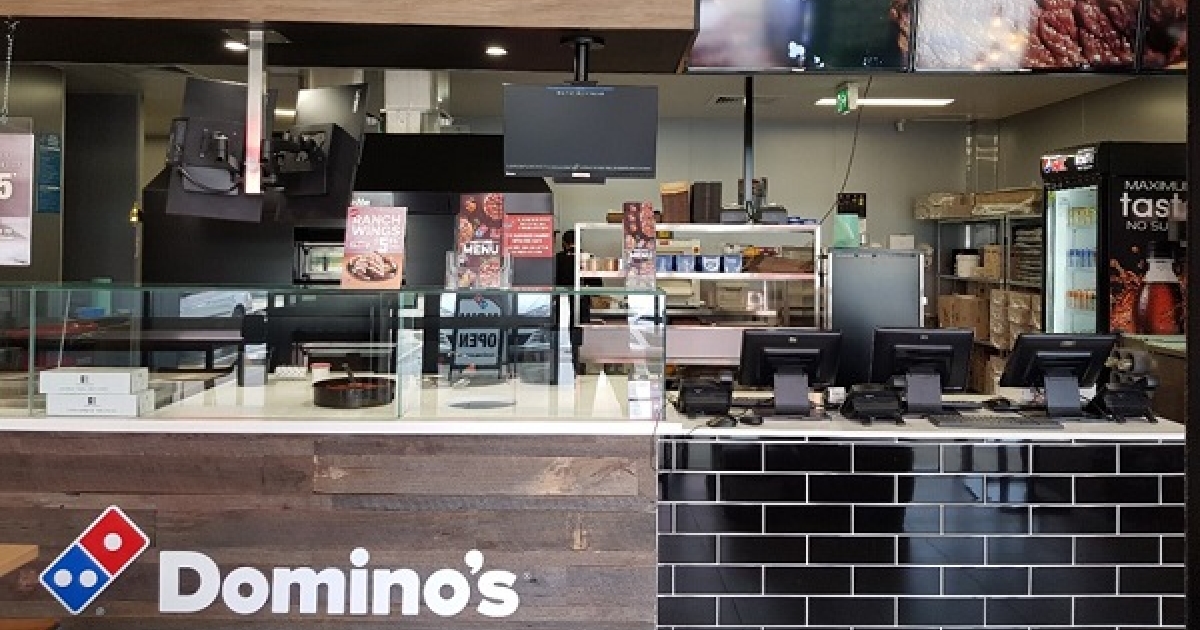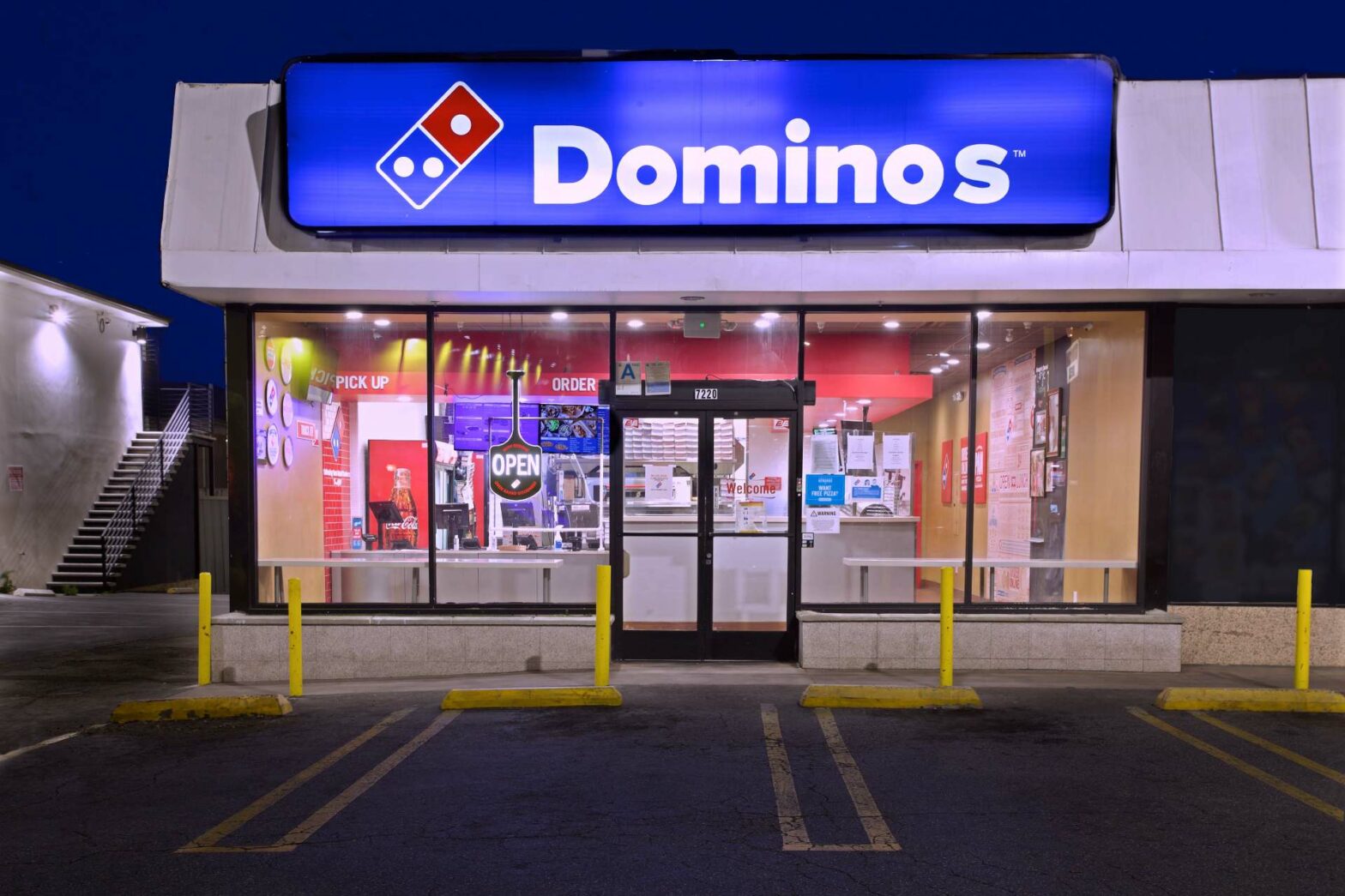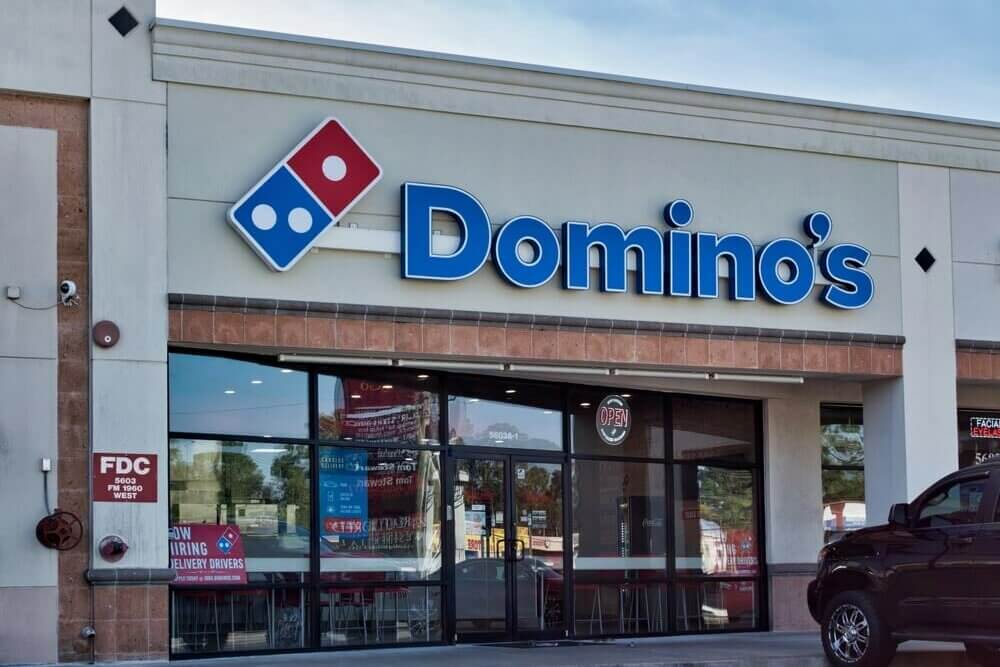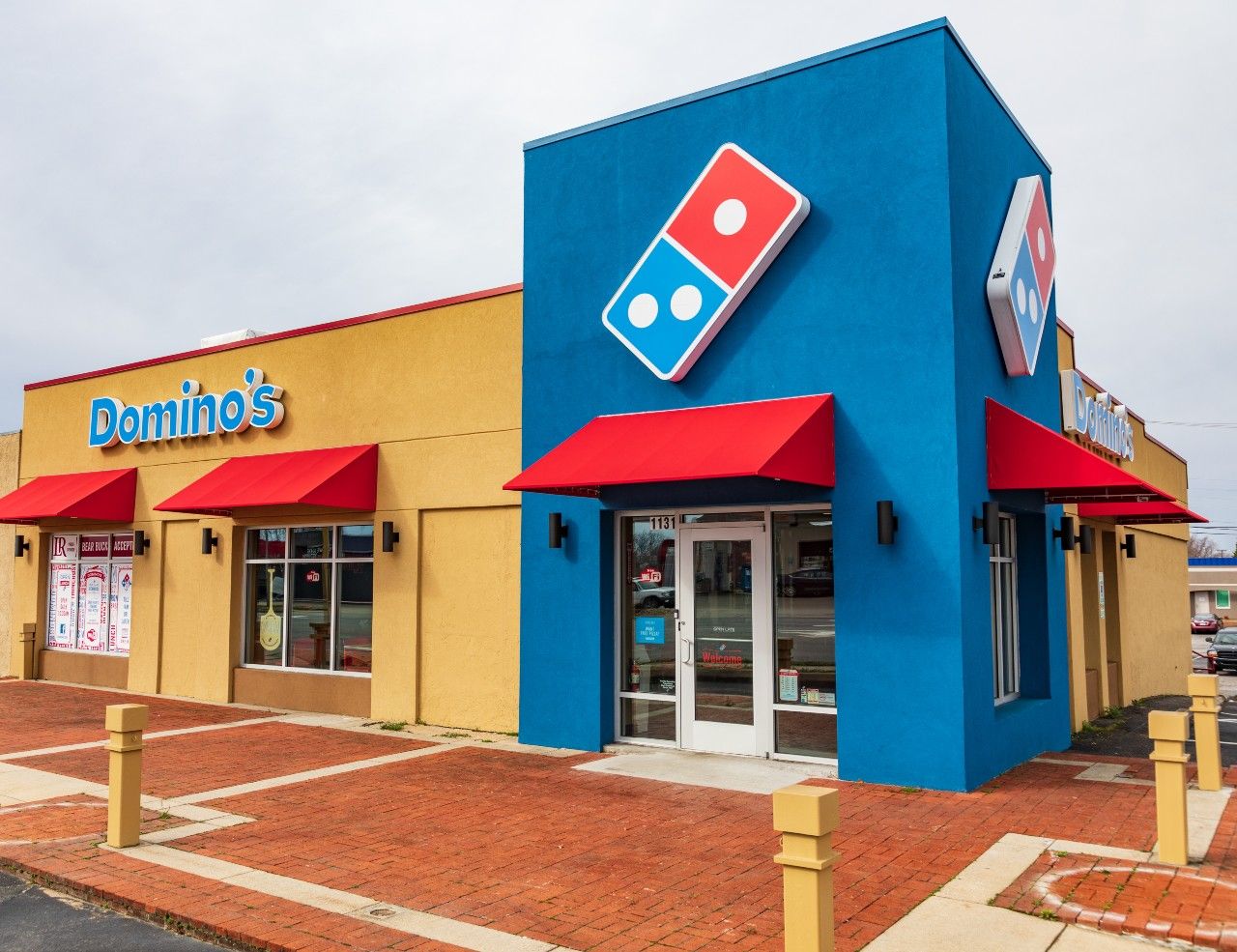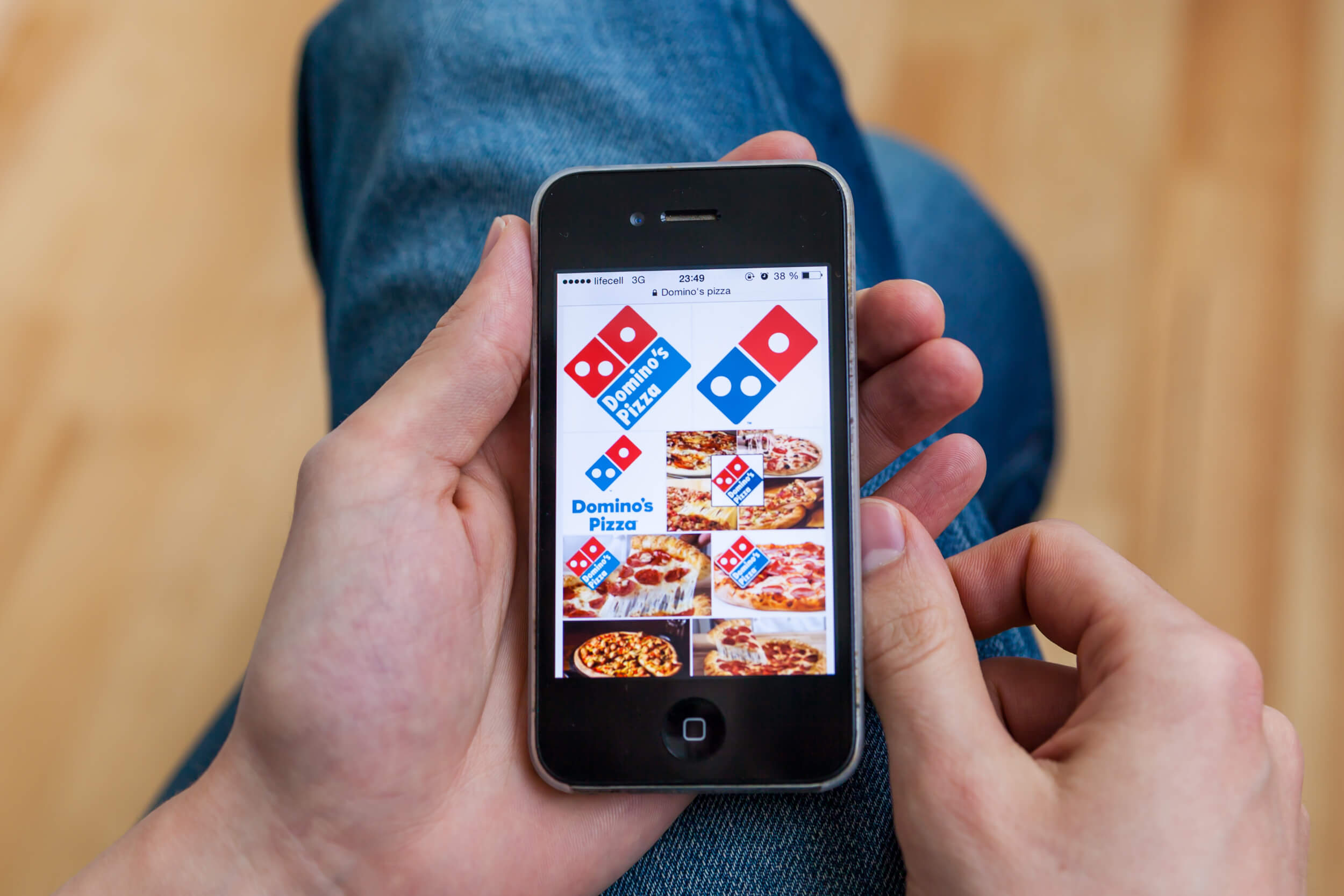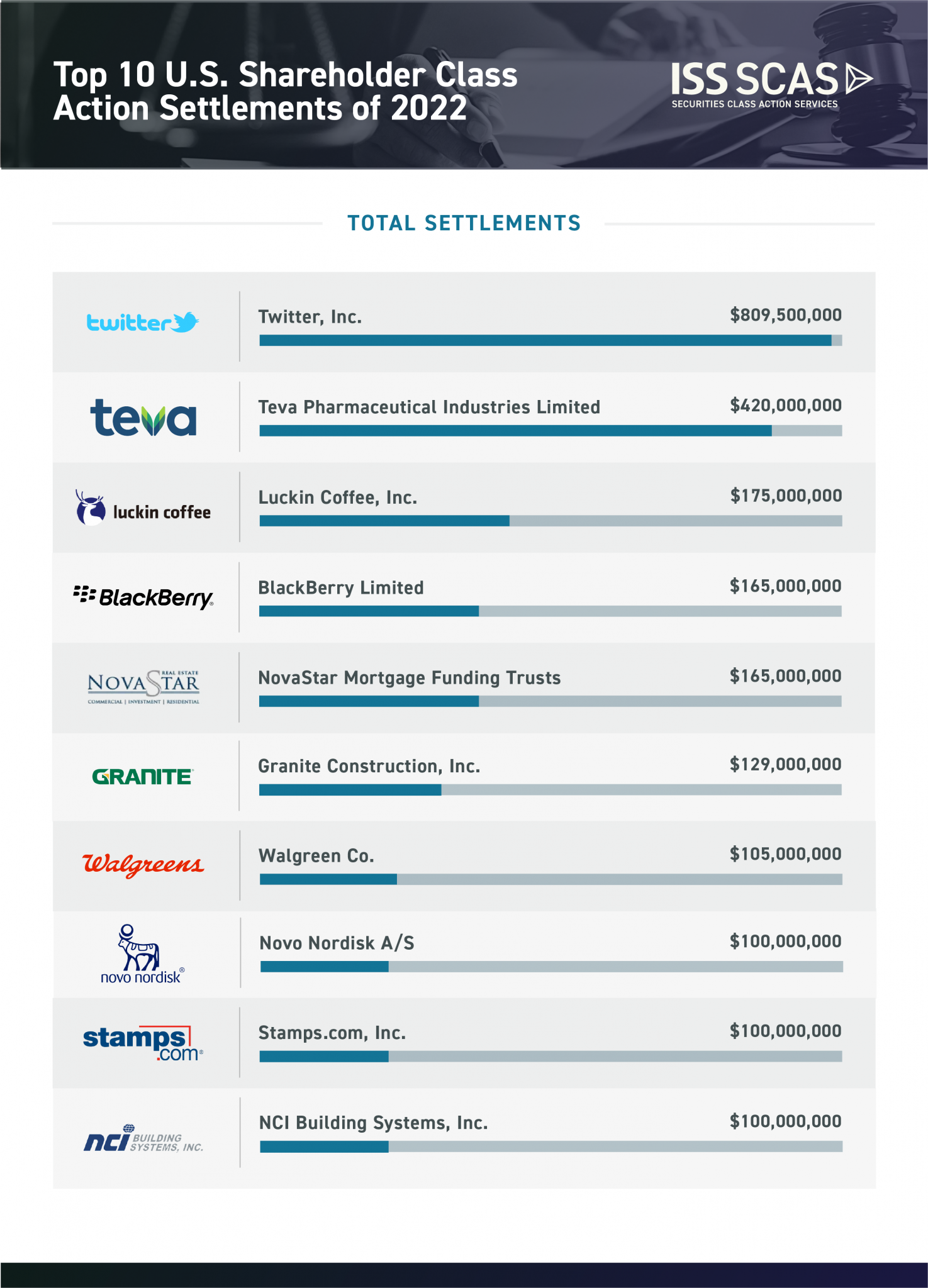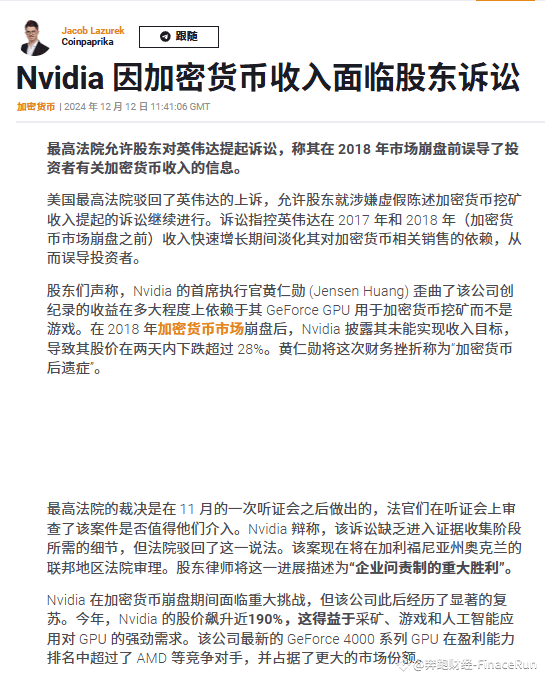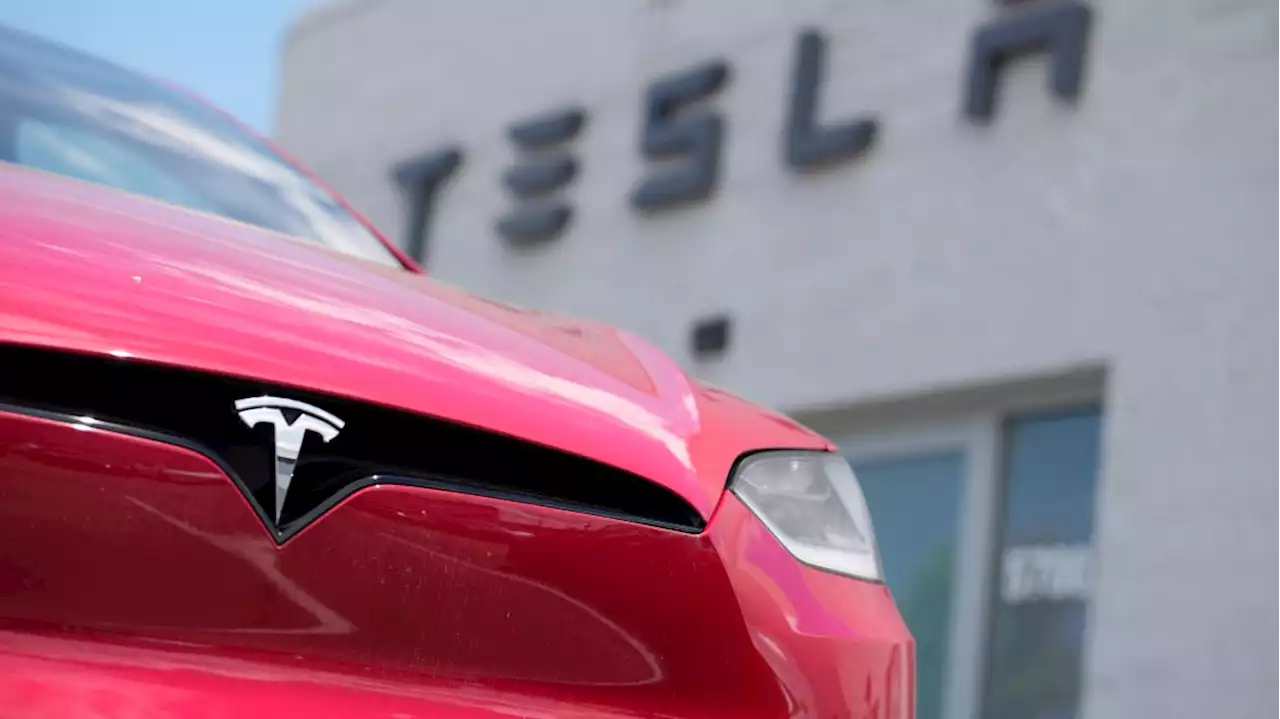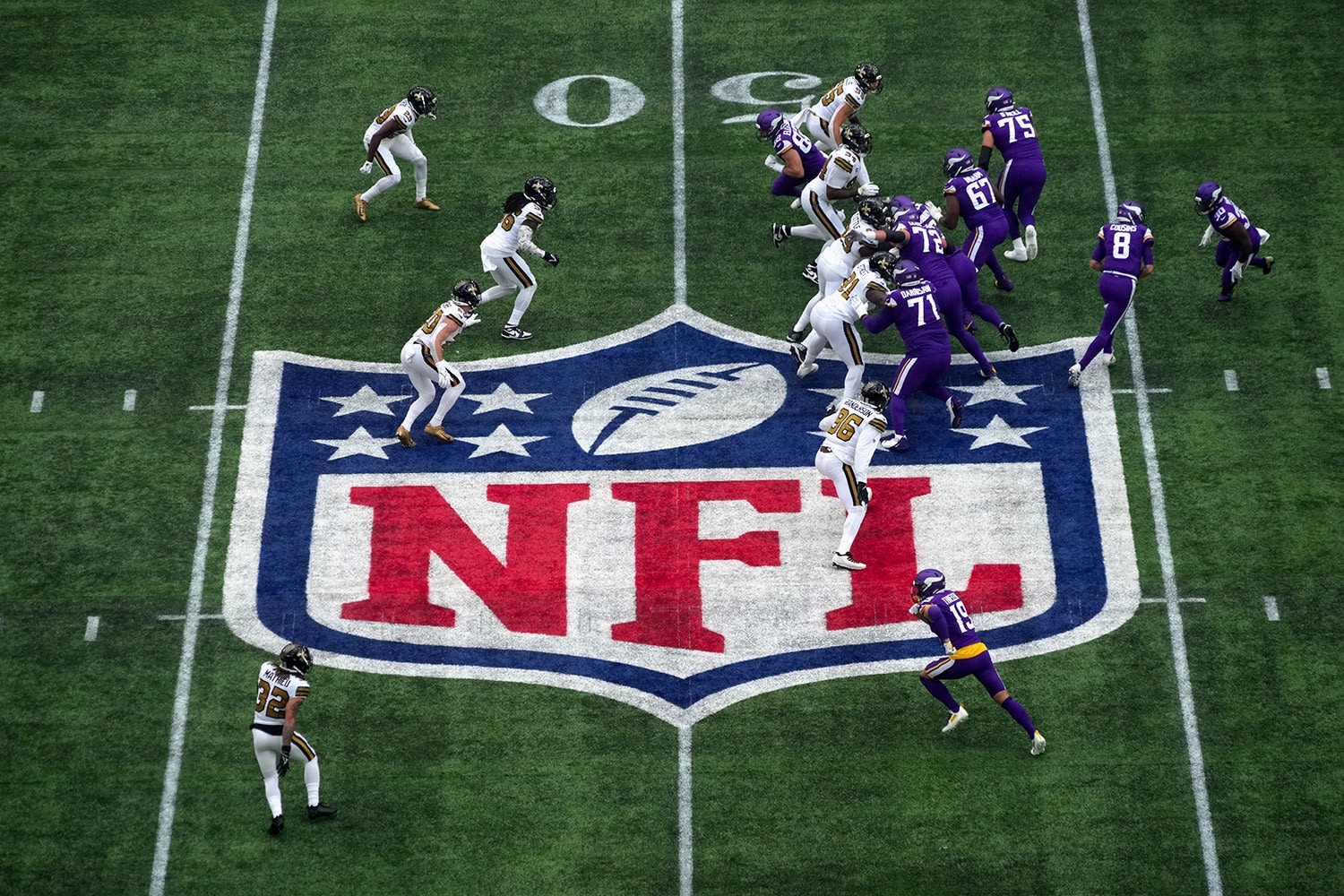Domino's Faces A Class Action Lawsuit From Shareholders.

Imagine strolling past your local Domino's on a Friday night, the aroma of warm pizza dough and melting cheese wafting into the air. Families are bustling in and out, grabbing their orders for a cozy night in. The scene is a familiar one, a snapshot of everyday life powered by one of the world's most recognizable pizza brands. But behind the scenes, a different kind of story is unfolding, one involving shareholder concerns and legal battles.
Domino's Pizza, a titan in the fast-food industry, is currently facing a class-action lawsuit brought forth by a group of its shareholders. The lawsuit alleges that the company and certain of its executives made misleading statements and omissions regarding the effectiveness of its investments in technology and its ability to compete with third-party delivery services, particularly during the rise of companies like DoorDash and Uber Eats.
The Heart of the Matter: Misleading Information?
At the core of the lawsuit is the accusation that Domino's painted an overly optimistic picture of its ability to maintain market share amidst the rapid growth of third-party delivery apps. Shareholders claim that the company failed to adequately disclose the challenges it faced in attracting and retaining customers, especially those who increasingly preferred the convenience offered by these digital platforms.
The lawsuit further alleges that Domino's executives knowingly presented a rosier outlook than was warranted, potentially inflating the company's stock price and harming investors when the true extent of the challenges became apparent.
A Brief History of Domino's Delivery Dominance
Domino's success story is largely built upon its pioneering delivery model. From its early days, the company focused on speed and efficiency, promising "30 minutes or it's free," a slogan that ingrained itself in the public consciousness. This dedication to delivery helped Domino's establish a strong foothold in the market, differentiating itself from competitors.
In recent years, Domino's has invested heavily in technology to further enhance its delivery capabilities, including online ordering, GPS tracking, and even experiments with autonomous vehicles. These investments were intended to maintain its competitive edge and adapt to the changing landscape of the food delivery industry. But the rise of third-party apps presented a unique challenge.
The Rise of Third-Party Delivery and Its Impact
Companies like DoorDash and Uber Eats disrupted the food delivery landscape by offering a convenient platform for consumers to order from a wide range of restaurants. This shift posed a significant challenge to Domino's, which had always relied on its own delivery infrastructure and brand loyalty.
While Domino's continued to innovate, some shareholders argue that its efforts were insufficient to counter the growing appeal of these third-party services. The lawsuit suggests that Domino's underestimated the impact of these platforms on its business and failed to adapt quickly enough to the changing consumer preferences.
Legal Implications and Potential Outcomes
The class-action lawsuit is still in its early stages, and the outcome is uncertain. If the court finds in favor of the shareholders, Domino's could face significant financial penalties, including damages to compensate investors for their losses.
Beyond the financial implications, the lawsuit could also damage Domino's reputation and erode investor confidence. The allegations of misleading statements and omissions raise questions about the company's transparency and its commitment to ethical business practices.
Domino's has stated that it believes the lawsuit is without merit and intends to vigorously defend itself against the claims. In an official statement, the company emphasized its commitment to providing accurate and timely information to its shareholders and maintaining the highest standards of corporate governance.
Analyzing the Claims and Counterclaims
One of the key arguments in the lawsuit revolves around the interpretation of Domino's public statements regarding its technological investments and its competitive position. Shareholders argue that these statements were overly optimistic and failed to adequately disclose the risks and challenges facing the company.
Domino's, on the other hand, is likely to argue that its statements were based on reasonable projections and that it made every effort to provide accurate information to its investors. The company may also point to its continued growth and profitability as evidence that its strategies were effective, even in the face of increasing competition.
The Role of Corporate Governance and Transparency
This lawsuit highlights the importance of corporate governance and transparency in the fast-paced world of the restaurant industry. Companies are increasingly under pressure to adapt to changing consumer preferences and technological advancements, and they must do so while maintaining the trust of their investors.
Accurate and timely communication is crucial for building and maintaining that trust. When companies fail to disclose important information or present a misleading picture of their business, they risk damaging their reputation and facing legal consequences.
Looking Ahead: What Does This Mean for Domino's and the Industry?
The outcome of the Domino's class-action lawsuit could have significant implications for the company and the broader restaurant industry. If Domino's is found liable, it could set a precedent for similar lawsuits against other companies that are struggling to compete in the age of digital disruption.
Regardless of the outcome, the lawsuit serves as a reminder of the importance of transparency, ethical business practices, and adaptability in a rapidly changing marketplace. It underscores the need for companies to be honest with their investors about the challenges they face and the steps they are taking to address them.
In the meantime, Domino's will continue to focus on innovating and improving its delivery services, experimenting with new technologies, and adapting to the evolving needs of its customers. The company's long-term success will depend on its ability to navigate the challenges of the digital age and maintain its position as a leader in the pizza delivery industry.
Ultimately, the lawsuit against Domino's is more than just a legal battle; it's a reflection of the ongoing transformation of the food industry and the increasing pressure on companies to adapt and innovate in the face of rapid technological change. As consumers continue to demand convenience and accessibility, companies will need to be more transparent and responsive to their needs in order to maintain their trust and support.
